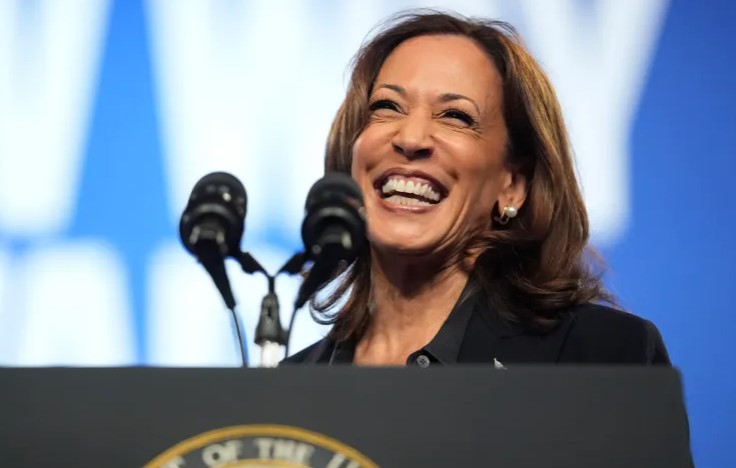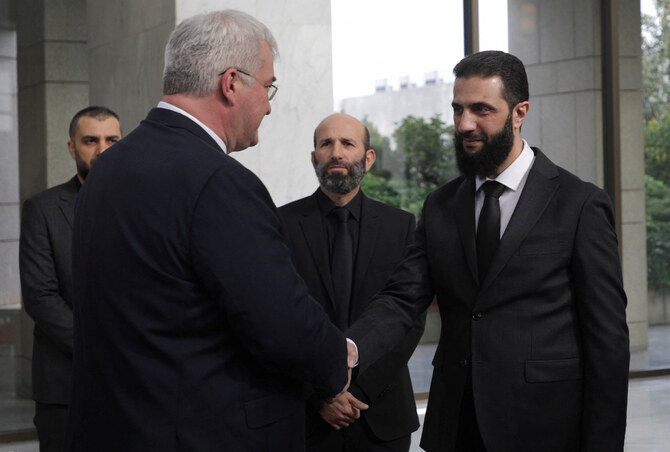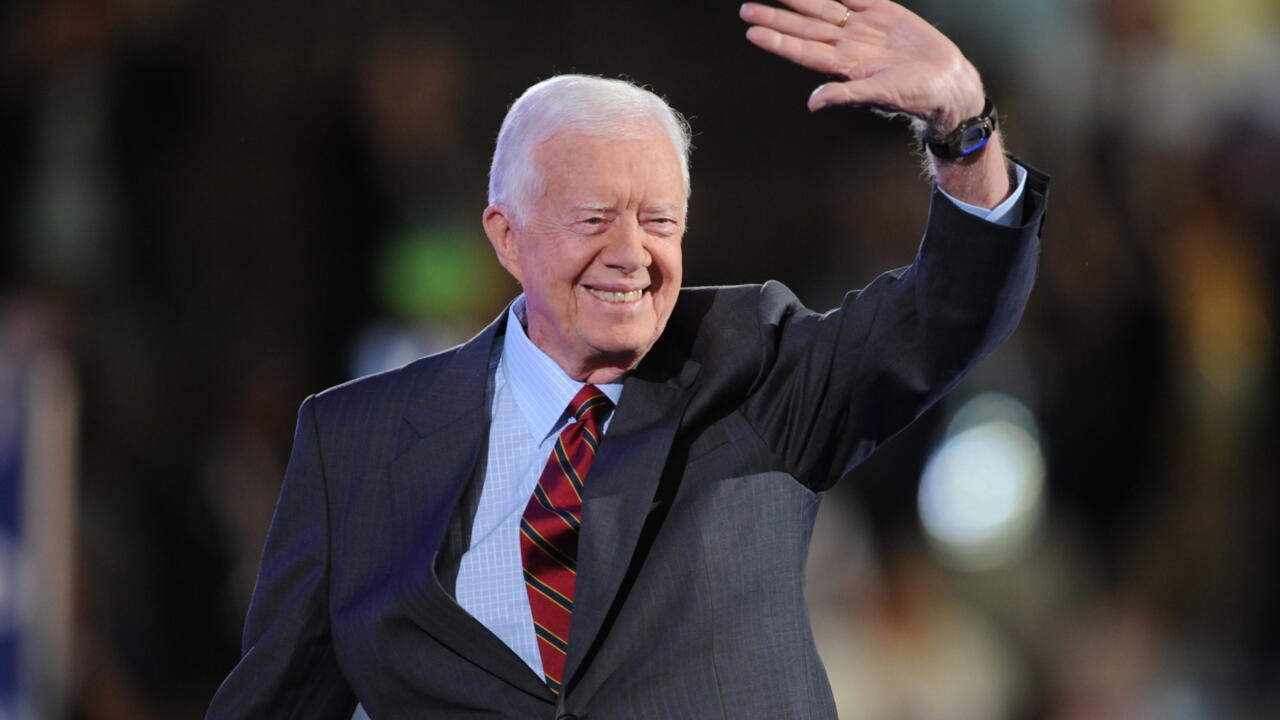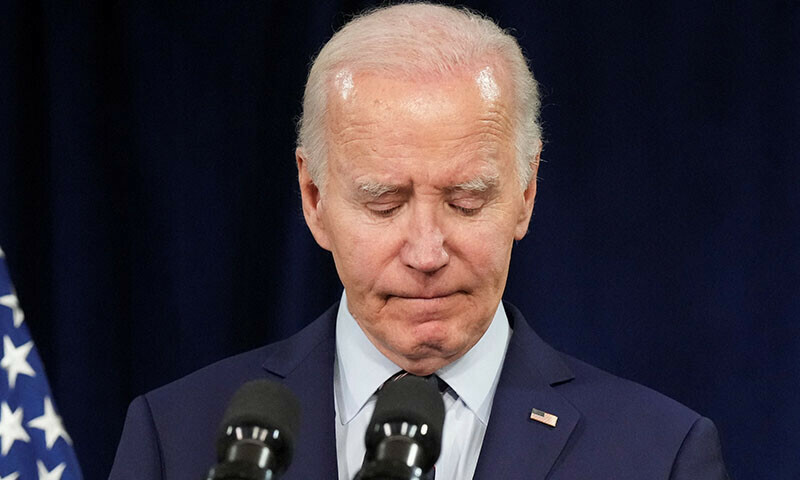WORLD NEWS

As Israel intensifies its military operations in Gaza and Lebanon, Democratic presidential candidate and U.S. Vice President Kamala Harris is attempting to garner support within Arab and Muslim communities ahead of the upcoming elections. Recent weeks have seen her and her team meeting with community leaders and receiving endorsements from individuals and groups aligned with the Democratic Party.
However, many advocates argue that as long as Harris maintains her pledge to continue arming Israel and aligns herself with President Joe Biden’s unwavering support, her efforts may not resonate with Arab and Muslim voters. Critics have pointed out that her private meetings with select attendees lack transparency and fail to represent the broader community.
Laura Albast, a Palestinian American activist, remarked that Harris's strategy seems tokenistic, aimed more at optics than genuine engagement. Critics assert that such meetings do not address the pressing concerns of the community regarding U.S. support for actions in Gaza and Lebanon.
Harris's outreach coincides with heightened tensions resulting from Israel's military actions, which have sparked anger within these communities. For months, community members have urged the vice president to reconsider U.S. military aid to Israel, but Harris has rebuffed these calls. Notably, she recently joined Biden in reaffirming "ironclad" support for Israel during a call with Prime Minister Benjamin Netanyahu.
Engagements in Key Battlegrounds
Harris met with Arab and Muslim advocates in Flint, Michigan, a significant battleground state with a sizeable Arab population. Critics like Lebanese American political consultant Hussein Dabajeh expressed concerns about the lack of transparency in these discussions, suggesting the campaign is hesitant to engage openly with community representatives.
Dabajeh noted that these meetings seem more focused on reassuring the broader electorate than addressing the specific needs of Arab and Muslim Americans, emphasizing that they lack genuine substance.
Emgage, a Muslim American political advocacy group, was one of the organizations present at the Flint meeting. They called on Harris to leverage her influence to end the ongoing violence and reset U.S. policy in the region.
Community Reaction
The endorsement from Emgage for Harris’s presidential bid has drawn criticism from within the community, with advocates feeling that it trivializes the severe humanitarian crisis unfolding in Gaza and Lebanon. Suehaila Amen, a community advocate in Michigan, expressed her disappointment at Emgage’s stance, suggesting it reflects a lack of integrity in light of the ongoing violence.
Amer Zahr, a Palestinian American activist, condemned the endorsement as a betrayal, stating that no amount of suffering should justify loyalty to a political party that overlooks humanitarian crises.
In contrast, a group of 25 Muslim imams and community figures recently expressed support for Harris, commending her for acknowledging the humanitarian crisis in Gaza. However, their statement notably avoided addressing her firm backing of the Israeli offensive.
Shift in Political Sentiment
As the elections draw near, many Arab and Muslim voters are feeling disillusioned with both major political parties. The Michigan-based group Abandon Harris has endorsed Green Party candidate Jill Stein, reflecting a broader movement to hold the Democratic administration accountable for its foreign policy decisions.
In light of these developments, Arab and Muslim voters find themselves grappling with a political landscape that often prioritizes party loyalty over community welfare. The American-Arab Anti-Discrimination Committee recently condemned members of the community who align with the major parties at the expense of justice for their people.




